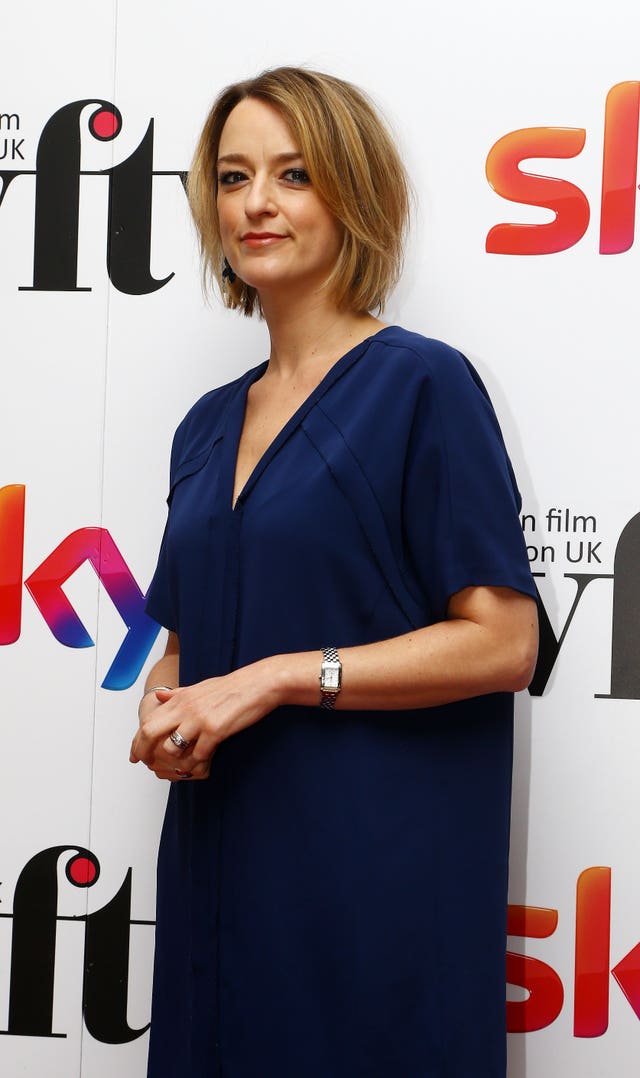Kate Winslet said the Government should make social media companies enforce age limits to protect children’s mental health.
The Oscar-winning British star, 47, said “much more rigorous” security checks are needed and called on those in power to “crack down” on the issue.
Speaking on Sunday With Laura Kuenssberg, she said many parents feel “utterly powerless” to help their children deal with the impact of social media.

She told Kuenssberg: “I really do struggle with social media. I struggle with the impact it is clearly having on teenage mental health.
“I do wish that our Government would crack down on it. I do wish that there would be certain platforms that were banned before a certain age.
“I wish that security checks would be much more rigorous.”
With teenagers, “where there’s a will there’s a way” and “if they want to get on that platform they will”, Winslet said.

It comes after the Government dropped measures to ban “legal but harmful” web content as part of its Online Safety Bill.
Culture Secretary Michelle Donelan said including the restriction risked an “erosion of free speech” but campaigners said the move amounts to a “watering down” of the Bill.
I Am Ruth is an instalment of the Bafta-nominated and female-led drama anthology series I Am, created by filmmaker Dominic Savage.
The fictional storyline for the two-hour programme, which looks at the mental health crisis affecting young people in the UK, was developed and co-authored by Winslet and Savage.
Anna Edmundson, head of policy and public affairs at the children’s charity NSPCC, said: “Kate Winslet is saying what all parents are thinking – how do I keep my children safe and well as they grow up navigating the online world, and social media in particular?
“Families can be given the peace of mind they need and deserve by the Government delivering an online safety Bill with child protection front and centre.”
Ms Donelan said: “Unregulated social media is hurting our children and it must end.
“I am bringing a strengthened Online Safety Bill back to Parliament which will allow parents to see and act on the dangers sites pose to young people. It is also freed from any threat that tech firms or future governments could use the laws as a licence to censor legitimate views.
“Young people will be safeguarded, criminality stamped out and adults given control over what they see and engage with online. We now have a binary choice: to get these measures into law and improve things or squabble in the status quo and leave more young lives at risk.”






